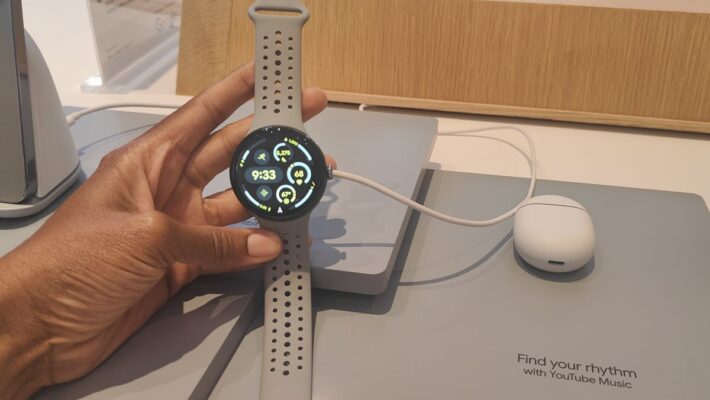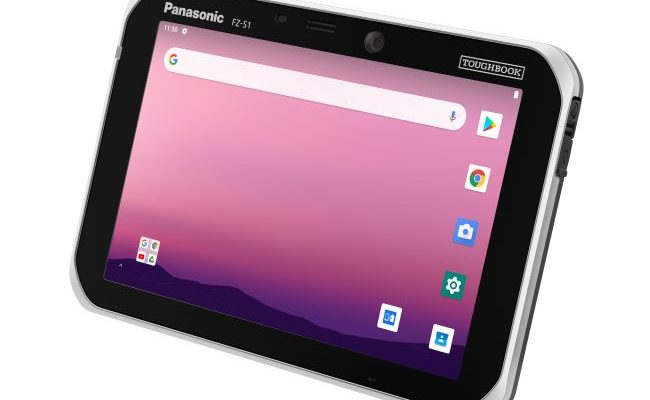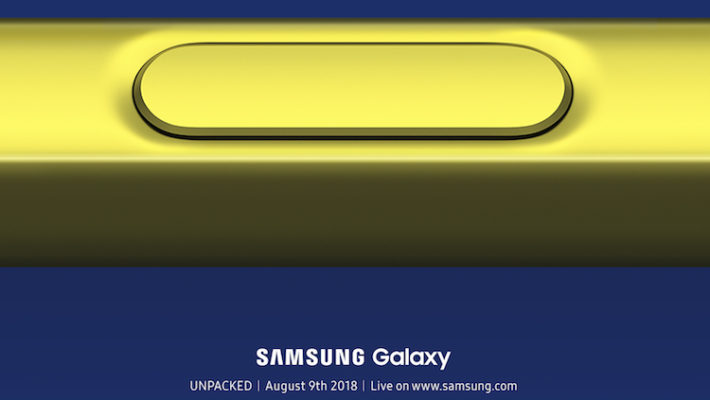Google may be planning an overhaul of its Pixel Watch in the future, with a proprietary Tensor chip powering wearable models in the coming years.
The industry has observed the company introduce many products under the Pixel brand and eventually transition them from partnership components to internals under its own Tensor brand. According to Android Authority, a recent leak has detailed that Google’s gChips division is developing a Tensor chip for an upcoming wearable, which could release in 2026. If accurate, the chip, internally codenamed “NPT” or likely “Newport Beach” could be featured on a Pixel Watch 5 model, currently codenamed “LGA” or “Laguna Beach.” So far, no claims about Google’s plans for its future devices can be confirmed– they all remain in the realm of rumors.

Considering the Pixel Watch 3 recently became available in September, the subsequent Google wearable in 2025 will likely be a number 4 series, followed by a 5 series. While Google has outfitted many of its other devices, such as slate and foldable smartphones, tablets, and earbuds with Tensor chips, reports have noted that the company has relied on support from partners including Samsung and Qualcomm to provide components and bring its wearables to life.
The original Pixel watch featured the Samsung Exynos 9110 chip, which was roughly four years old at the time of the wearable launch and caused functionality issues for the device. Google used the Qualcomm Snapdragon Wear 5100 chip for both the Pixel Watch 2 and Pixel Watch 3. Since Qualcomm currently has no wearable chips in its launch timeline, it is likely an optimal time for Google to consider other options for its device components. The leaked information was dated to early 2023, which suggests that Google has been thinking ahead about its plans for future wearable components, Android Authority noted.
Outfitting future Pixel Watch models with Tensor chips would have the benefit of Google being able to introduce more unique features to the devices. The brand has similarly done so with other products. Google’s proprietary chip in its Pixel smartphones helps power camera features such as Magic Eraser and True Tone. The Tensor chip in Google’s Pixel Buds helps power AI features such as Gemini Live and active noise cancelling (ANC) audio upgrades.


